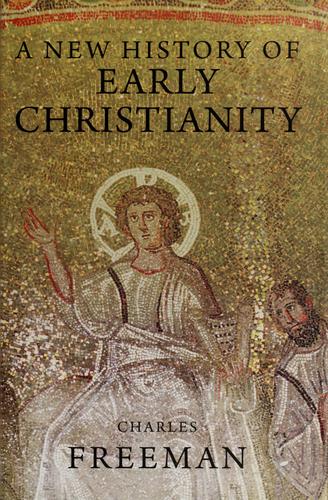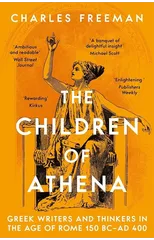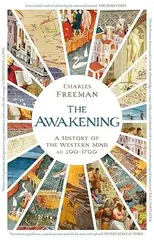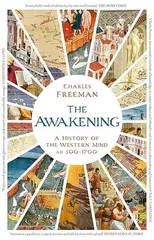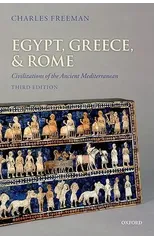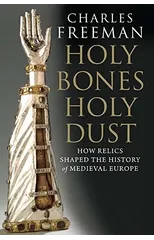"Tracing the astonishing transformation that the early Christian church underwent - from sporadic niches of Christian communities surviving in the wake of a horrific crucifixion to sanctioned alliance with the state - Charles Freeman shows how freedom of thought was curtailed by the development of the concept of faith. The imposition of 'correct belief' and an institutional framework that enforced orthodoxy were both consolidating and stifling. Uncovering the church's relationships with Judaism, Gnosticism, Greek philosophy and Greco-Roman society, Freeman offers dramatic new accounts of Paul, the resurrection, and the church fathers and emperors."--BOOK JACKET.
Charles Freeman
Charles Freeman is a historian and author known for his works on ancient history, particularly focusing on the Roman Empire and the origins of Christianity. His most notable works include "The Closing of the Western Mind: The Rise of Faith and the Fall of Reason" and "A.D. 381: Heretics, Pagans, and the Dawn of the Monotheistic State." Freeman's writing style is characterized by meticulous research and engaging storytelling, making complex historical topics accessible to a wide audience. His contributions to literature include shedding new light on the intersection of religion, philosophy, and politics in ancient times. "The Closing of the Western Mind" is perhaps Freeman's most famous work, exploring the decline of classical learning and the rise of Christian orthodoxy in the early medieval period. Through his work, Freeman has had a significant impact on the understanding of ancient history and the development of Western civilization.
